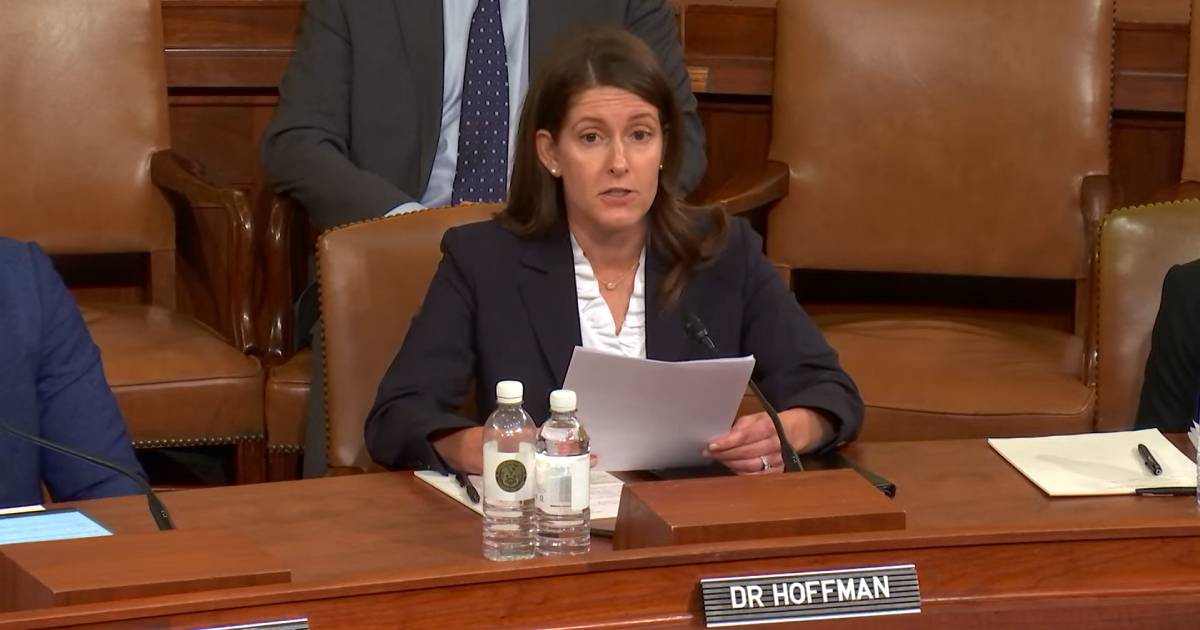A Framework for Achieving Competitive Integrated Employment: Findings from the SourceAmerica Pathways to Careers Evaluation
The employment rate among people with disabilities has consistently been low. According to the U.S. Department of Labor, only 21 percent of working-age people who have disabilities are in the workforce. People with disabilities face many barriers to securing competitive, integrated employment, such as lack of access to transportation, difficulty finding a job, and needs for workplace accommodations.
Mathematica Policy Research is evaluating the SourceAmerica Pathways to Careers program, a customized employment service model designed to help people with intellectual or developmental disabilities or autism obtain competitive integrated employment that matches their skills, interests, strengths, and abilities. The key Pathways service components are (1) a strengths-based assessment of participants, (2) paid internships and work experiences, (3) employment that features an employer payroll tax adjustment (EPTA), and (4) post-employment career support. The combination of customized employment elements, namely a strength-based assessment and customization of job duties, paid internships, and the EPTA offered under Pathways has not been implemented before.
On December 5, 2017, Mathematica’s Center for Studying Disability Policy will hosted a live webinar featuring a panel of experts who discussed how Pathways promotes competitive integrated employment, give an employer’s perspective on partnering with Pathways and hiring its participants, present interim evaluation outcomes, and report on SourceAmerica’s plans to expand the customized employment service model.
Presenters:
- David Stapleton, moderator (Mathematica)
- Spencer Burt (Futura Industries)
- Noelle Denny-Brown (Mathematica)
- Brian DeAtley (SourceAmerica)
- Michael Callahan (Marc Gold & Associates)
- Joseph Ashley, discussant (Virginia Department for Aging and Rehabilitative Services)

